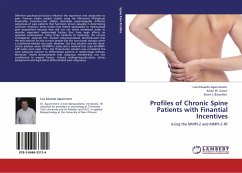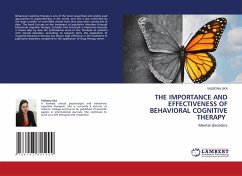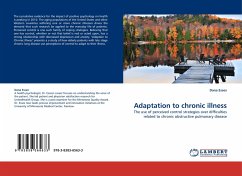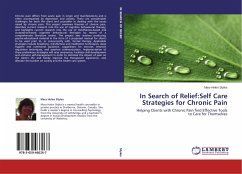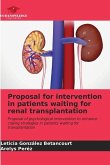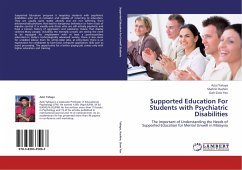Different psychosocial factors influence the experience and adaptation to pain. Previous cluster analytic studies using the Minnesota Multiphasic Personality Inventory-2nd edition described psychologically different subgroups of pain patients that had been shown valuable in determining outcome. However, these studies had limited applicability to medico-legal pain populations because they did not use newly developed scales or describe important medico-legal factors that have large effects on symptom endorsement. Using three methods of clustering, the current investigation explored the resulted subgroups.Result demonstrated that the best solution for the current sample was the two-cluster solution when a traditional method was used. However, the best solution was the three-cluster solution when all MMPI-2 scales and a method that used all MMPI-2-RF scales were used. Thus, the three-cluster solution was considered the most adequate solution to differentiate patients in medico-legal settings. Moreover, results demonstrated that subgroup membership was not conditioned to organic factors. Instead, malingering,education, ethnic background and legal status differentiated pain subgroups.

